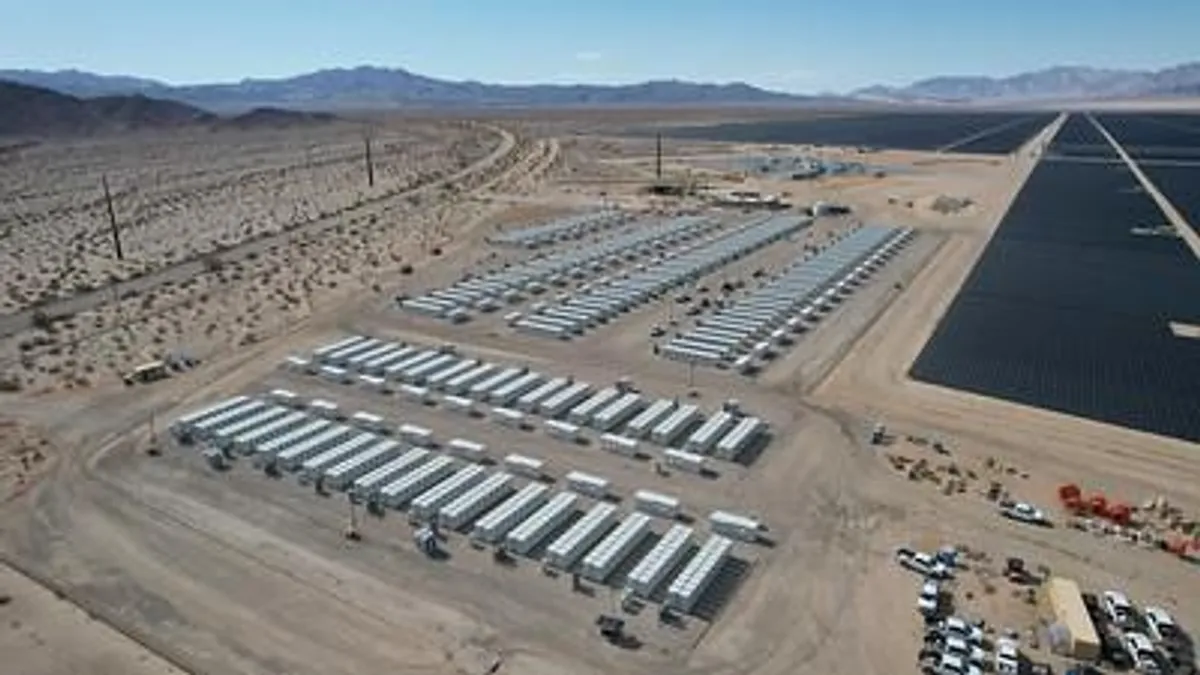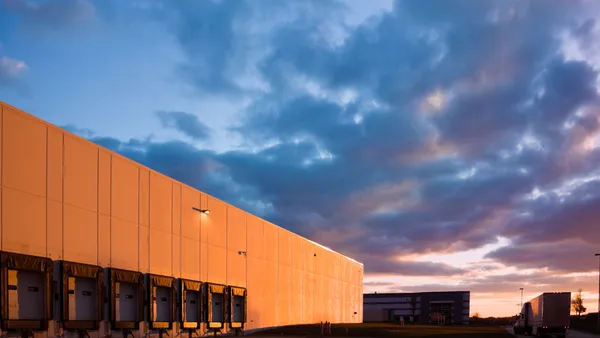Dive Brief:
- Battery energy storage systems could experience more rapid asset degradation, as well as higher capital expenditure volatility than renewables and thermal peaking plants do, according to an analysis released July 13 by Fitch Ratings – especially if they use arbitrage strategies.
- Arbitrage strategies involve purchasing energy when prices are low, and selling when they increase, and “require active management, implying margin volatility and less visibility over when and how much the asset will be charged and discharged,” according to the analysis.
- Nearly 60% of installed utility-scale storage systems were used for price arbitrage in 2021 – compared to 17% in 2019 – according to the U.S. Energy Information Administration.
Dive Insight:
Battery energy storage systems have multiple revenue streams available to them, including arbitrage, capacity and ancillary services, and long-term offtake agreements. In the California Independent System Operator’s footprint, more than 80% of the battery capacity added in 2021 was used for price arbitrage, the EIA found.
The Fitch Ratings analysis stated that batteries experience fast degradation, and utility-scale lithium-ion systems have a lower useful life estimate than solar panels. The degradation rates and life expectancy of battery storage would depend on the use of the system, it noted — such as frequency and style of operation — as well as the chemistry of the battery, and temperature and other external factors. Battery systems also tend to require more frequent replacement than other technologies. And “a high proportion of arbitrage in revenue could spur degradation, reducing the visibility over the pace at which an asset loses capacity,” the analysis said.
Degradation is the loss in capacity of a battery asset due to its aging and use, Antoine Pavageau, associate director, infrastructure and project finance, with Fitch Ratings, said in an email.
In terms of how big of a role arbitrage strategies play in earning revenue from a battery energy storage system, “it is a project-by-project answer,” Pavageau said. Typically, arbitrage revenue doesn’t represent the majority of the revenue from a storage system. However, the market is evolving and structures with more arbitrage could come, he said.
Battery energy storage system operators can manage this risk of rapid asset degradation with a proper augmentation strategy, or the process of replacing degraded units.
“The appropriateness of the augmentation strategy is to be assessed in light of the degradation that the asset faces (rapid degradation requires rapid augmentation while a slower degradation can accommodate a slower augmentation plan),” Pavageau said.














